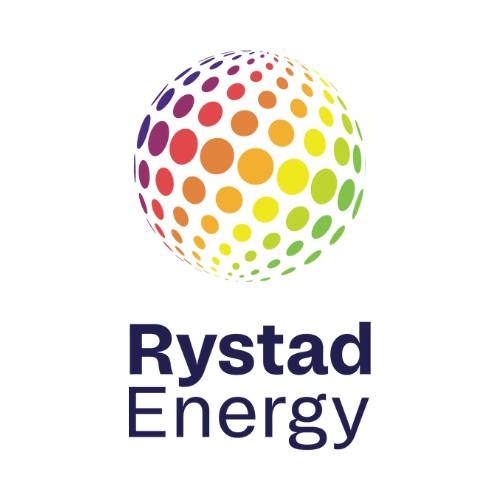BAKU, Azerbaijan, December 3. COP29 progress in climate finance offers Brazil a foundation to expand upon, Lars Nitter Havro, Head of Energy Macro at Rystad Energy, an independent research and energy intelligence company based in Norway, told Trend.
He noted that COP29's outcomes represent a significant advancement in global climate finance, particularly for developing nations.
"The Baku Finance Goal sets a new target of mobilizing at least $300 billion annually by 2035, a substantial increase from previous commitments, with developed countries leading the effort. This goal is part of a broader "Baku Finance Goal" ambition to reach $1.3 trillion annually by 2035, incorporating both public and private sector contributions, which aligns more closely with the financial needs of developing countries to manage climate impacts and transition to low-carbon economies. The "Baku to Belém Roadmap" was launched to guide efforts towards achieving this comprehensive target. Additionally, the operationalization of the Loss and Damage Fund and the conclusion of Article 6 negotiations on carbon markets are expected to enhance financial flows and reduce implementation costs, further supporting climate resilience and sustainable development in vulnerable regions. These measures collectively aim to transform the global climate finance landscape, fostering greater investment in developing countries and driving progress towards limiting global warming to 1.5°C," said Havro.
The analyst believes that effective implementation of COP29's decisions faces several key challenges.
"Mobilizing the $300 billion annual finance goal by 2035 requires innovative public-private engagement, while operationalizing the Loss and Damage Fund by 2025 demands swift governance and disbursement structures. Translating carbon market rules into functional systems, particularly under the Paris Agreement, hinges on robust methodologies and safeguards. Accountability will rely on the enhanced transparency framework, with milestones such as the 2028 progress report and the Global Stocktake. Ensuring equitable access to finance, especially for vulnerable nations, remains critical, requiring streamlined processes and balanced financial support to avoid debt burdens. Sustained international cooperation and transparency will be essential for success," added Havro.
The analyst pointed out that COP29 presidency, led by Azerbaijan, demonstrated exceptional leadership in driving the "Baku Breakthrough," showcasing effective climate diplomacy in a complex geopolitical landscape.
"COP29 President Mukhtar Babayev's team navigated contentious negotiations, resulting in the landmark Baku Finance Goal of $300 billion annually by 2035, a significant tripling of the previous target. The presidency's vision extended further, setting an ambitious $1.3 trillion overall finance mobilization goal, seeking to address developing countries' needs more comprehensively. Their inclusive approach ensured progress on the Loss and Damage Fund and breakthrough on Article 6 carbon markets. By emphasizing pragmatic solutions and consensus-building, the presidency successfully bridged divides between developed and developing nations, particularly in the crucial final hours. This diplomatic finesse not only produced tangible outcomes but also reinvigorated the global climate finance landscape, setting a new benchmark for future COPs in delivering actionable pathways towards the 1.5°C target," said Havro.
The Rystan Energy expert noted that the decisions at COP29 will significantly shape the collaborative dynamic of the COP Troika, ensuring continuity as leadership transitions to Brazil for COP30.
"The adoption of the "Roadmap to Mission 1.5°C" provides a unified framework for aligning national ambition, technical capacity, and financial mobilization. Azerbaijan’s progress in climate finance and Article 6 implementation offers Brazil a foundation to expand upon, particularly in leveraging global partnerships and scaling NDC ambition," he concluded.
COP29 held in Azerbaijan was remarkable for the decisions on a new core finance goal of $300bn that triples the previous $100bn target; full operationalization of the Loss and Damage Fund and conclusion of negotiations on high integrity carbon markets under Article 6.
Follow the author on X: @Lyaman_Zeyn







